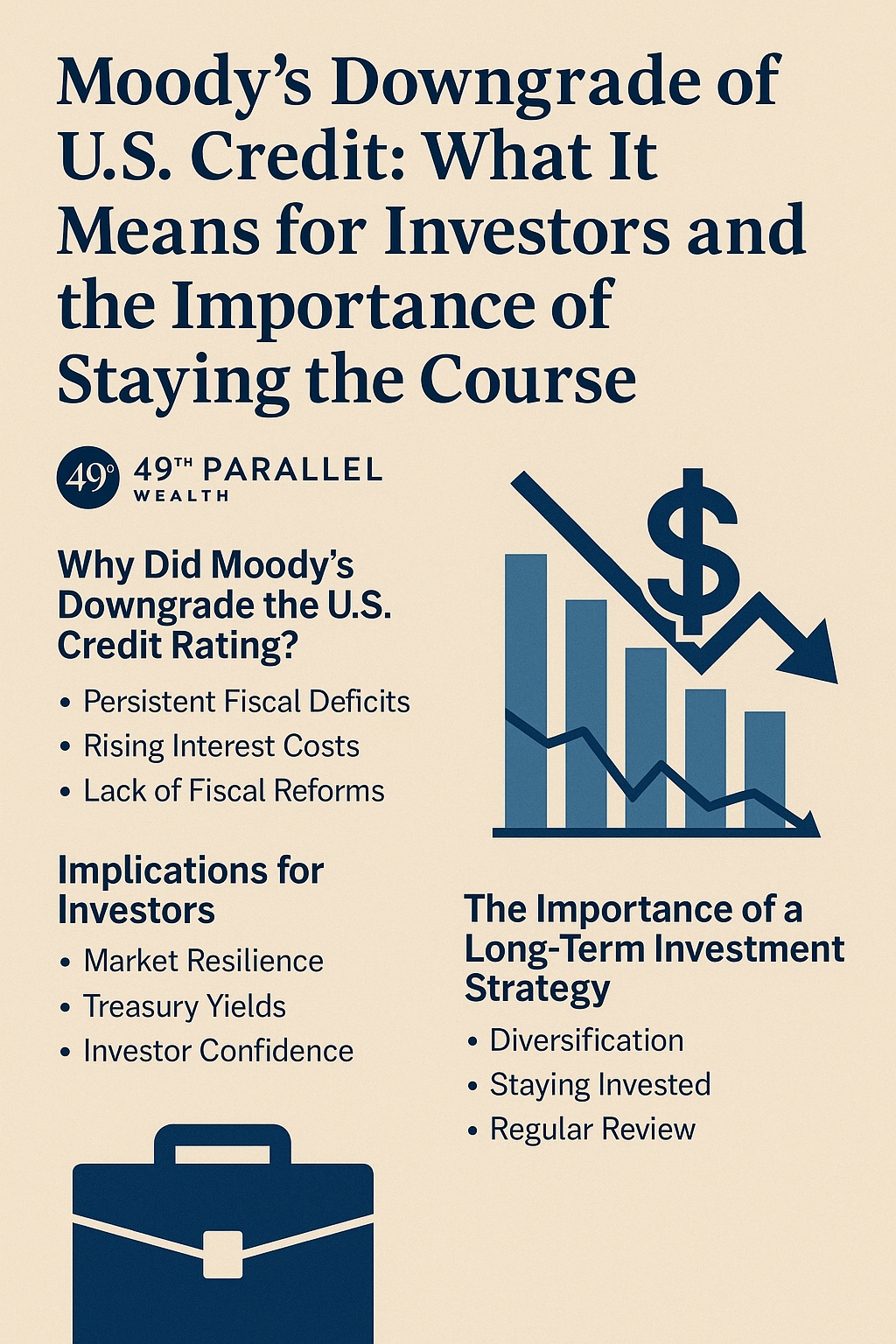 alt="Financial Planning: History, Steps & Benefits" />
alt="Financial Planning: History, Steps & Benefits" />Financial planning as a profession is relatively young, but its roots trace back to the mid-20th century when the idea of holistic financial advice gained traction.
From pioneering firms to standardized certifications, the journey of financial planning reveals not only how the industry evolved but also its profound benefits for individuals and society.
What Is the History of Financial Planning?
The history of financial planning reflects the evolution of a structured, accredited profession that supports individuals and organizations in achieving financial well-being. It began in the mid-20th century and has grown into a global industry backed by education, certification, and professional ethics
The Origins of Financial Planning
The concept of financial planning began to take shape in 1969 when Loren Dunton and a group of financial professionals convened in Chicago. This meeting was pivotal, leading to the creation of the College for Financial Planning in 1972 and the launch of the Certified Financial Planner (CFP) designation in 1973.
This marked the first time financial planning was formally defined as a distinct profession, blending investment management, tax strategies, insurance planning, and retirement preparation.
Key Advisory Firms That Shaped the Industry
Early advisory firms played a critical role in democratizing financial advice:
- Waddell & Reed (1937): One of the first to offer mutual funds and personalized advice, pioneering the one-on-one advisor-client relationship.
- Merrill Lynch (1914): Revolutionized access to investment services, making financial advice available to middle-class families.
- American Express Financial Advisors (1894, now Ameriprise Financial): Transitioned from insurance to comprehensive financial planning.
- Raymond James Financial (1962): Fostered the independent advisor model, emphasizing client-first strategies.
Each of these firms helped establish the principle that financial advice should extend beyond product sales, focusing instead on a client’s long-term goals and financial health.
What Are the Standard Steps in the Financial Planning Process?
The financial planning process follows a structured sequence of steps that guide individuals and professionals in achieving financial goals effectively. Although institutions may vary slightly in terminology, the core framework remains consistent. Most organizations, including the Certified Financial Planner (CFP) Board, outline a seven-step process that reflects both industry standards and professional consensus.
The Seven Standard Steps
- Establish and Define the Relationship
The process begins with defining the scope of the relationship between the financial planner and the client. This step includes clarifying responsibilities, expectations, and services to be provided. - Gather Financial Data and Identify Goals
You collect all relevant financial information, including income, expenses, assets, liabilities, and insurance. This stage also involves identifying short-term and long-term financial goals. - Analyze the Financial Situation
A detailed analysis helps determine your current financial position. This includes reviewing cash flow, investment portfolios, insurance coverage, and risk tolerance. - Develop Financial Planning Recommendations
Based on the analysis, the planner develops strategic recommendations tailored to your financial objectives. These may cover budgeting, saving, investing, retirement planning, tax strategies, and estate planning. - Present the Financial Plan
The proposed recommendations are reviewed and explained. This step ensures clarity and allows you to ask questions or request adjustments before implementation. - Implement the Financial Plan
Once agreed upon, the plan is put into action. This could involve executing investments, purchasing insurance, or setting up accounts and savings plans. - Monitor and Update the Plan Regularly
Financial plans require ongoing attention. Regular reviews help track progress, evaluate outcomes, and make necessary adjustments in response to changes in your life or financial circumstances.
How Has Financial Planning Evolved Over Time?
Financial planning has undergone significant evolution, growing from a fragmented and narrowly focused service into a structured, comprehensive profession. Today, it plays a vital role in helping individuals and families navigate financial decisions across their entire lives.
A Shift Toward Human-Centric Planning
Over time, financial planning has moved beyond product sales and transactional services. Advisors increasingly adopt a human-centric approach, focusing on building long-term relationships. This shift allows you to align financial strategies with your life goals, personal values, and evolving circumstances.
Standardization and Professionalism
The creation of the CFP designation in the 1970s brought legitimacy and standardization to the industry. For financial professionals, this credential symbolized expertise, ethical standards, and a commitment to serving clients’ best interests. It also transformed financial planning from a fragmented service into a cohesive profession.
The Registered Investment Adviser (RIA) model, formalized under the Investment Advisers Act of 1940, further cemented the industry’s focus on fiduciary responsibility—ensuring advisors act in their clients’ best interests.
How Financial Planning Benefits Individuals
For professionals in the financial industry, the rise of financial planning opened new opportunities:
- Career growth: The formalization of financial planning created pathways for advisors to specialize, differentiate, and grow their practices.
- Enhanced credibility: Certifications like the CFP elevated the reputation of advisors, helping them build trust with clients.
For clients, financial planning offers:
- Clarity and control: It empowers individuals to manage debt, save for retirement, and achieve financial goals.
- Comprehensive solutions: Financial planning addresses all aspects of a client’s financial life, from investments to estate planning.
A Broader Impact on Society
Financial planning isn’t just about individual wealth; it benefits society as a whole:
- Financial literacy: By educating clients, financial planners improve overall financial literacy, helping individuals make informed decisions.
- Economic stability: When households are financially secure, they contribute to a more stable and resilient economy.
- Generational wealth: Proper planning ensures wealth is preserved and passed down, fostering economic growth across generations.
What Does the Development of a Financial Plan Include?
The development of a financial plan includes a structured set of activities and components designed to guide personal or business finances toward specific objectives. It addresses both current financial conditions and future aspirations, providing a comprehensive roadmap for effective financial management.
Core Components of a Financial Plan
A well-developed financial plan typically includes the following key elements:
- Financial Goal Setting: You begin by identifying short-term and long-term financial goals. This step provides direction and purpose for the rest of the planning process.
- Budgeting: Creating a budget helps you organize income and expenses, manage cash flow, and ensure financial discipline.
- Income and Expense Tracking: Regular tracking of income sources and expenses helps maintain a clear financial overview and supports decision-making.
- Net Worth Calculation: This involves assessing your total assets and liabilities to understand your financial position.
- Risk Assessment and Insurance Planning: Evaluating potential financial risks and ensuring proper insurance coverage (such as health, life, or property insurance) safeguards against unexpected events.
- Investment Strategy: A sound investment plan aligns with your goals, time horizon, and risk tolerance to grow your wealth over time.
- Tax Planning: Effective tax strategies can help reduce liabilities and increase savings.
- Estate Planning: This component outlines how your assets will be managed and distributed in the future, including wills, trusts, and beneficiary designations.
- Financial Projections: Creating projections for income, expenses, and asset growth helps you anticipate future needs and opportunities.
Defining the Industry
The term “financial planning” signifies more than managing money. It embodies a holistic approach to achieving financial wellness, integrating advice on savings, investments, tax strategies, insurance, and retirement. This client-centric model contrasts sharply with the sales-driven approaches of the past, redefining the advisor’s role as a lifelong partner in achieving financial goals.
Looking Ahead
As the profession evolves, driven by technology and changing client expectations, the principles of financial planning remain steadfast: empowering individuals, advancing the industry, and enriching society. For those in the financial industry, embracing this model isn’t just good business—it’s a chance to make a meaningful difference in people’s lives.
In summary, financial planning has grown from a fragmented concept into a vital profession that benefits individuals, the financial industry, and society as a whole. Whether you’re an advisor or a client, its principles of clarity, trust, and holistic advice can transform financial futures.



